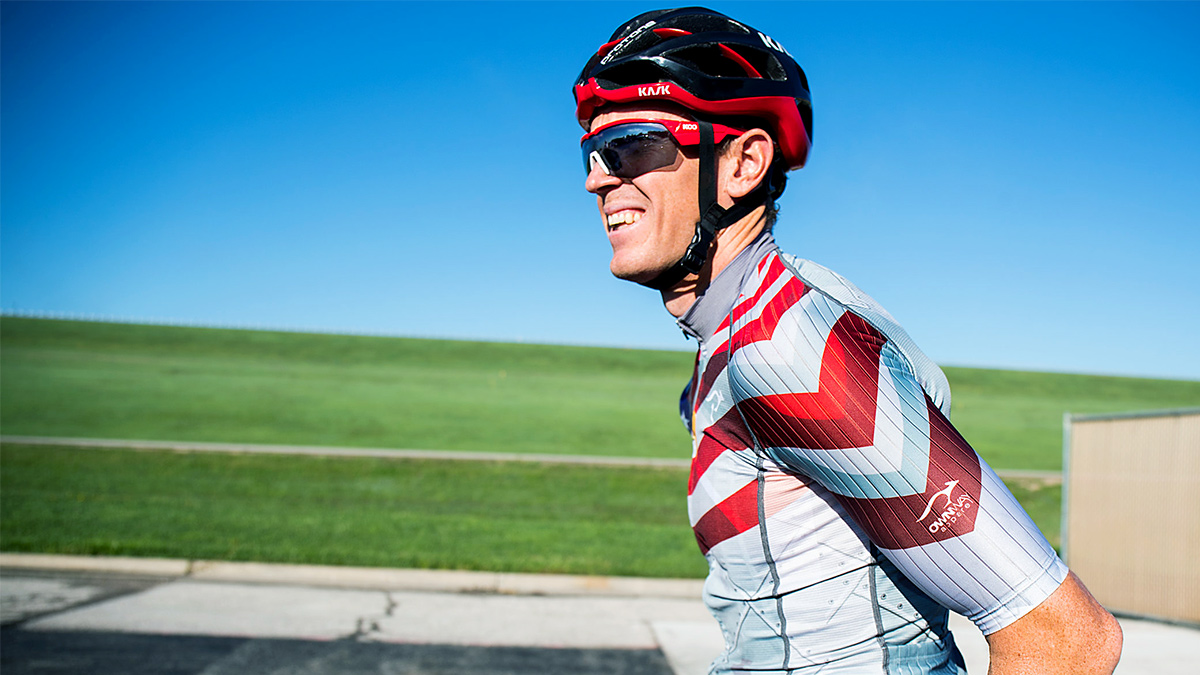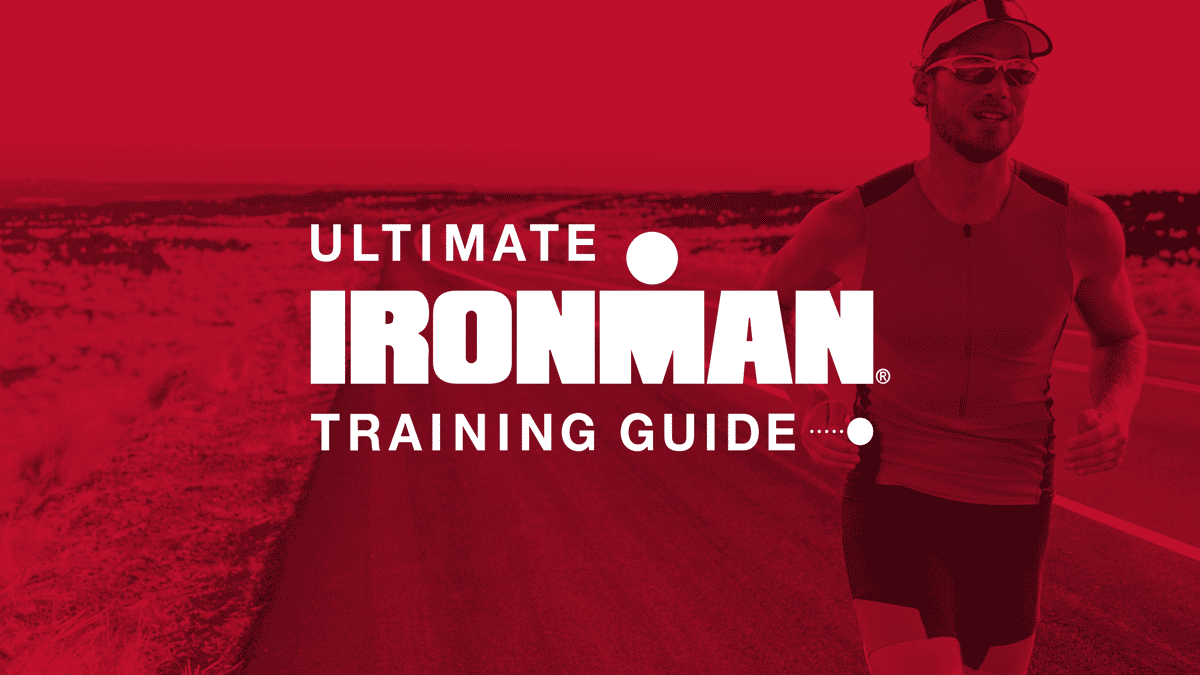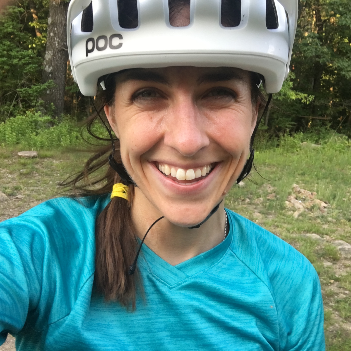Matt Hanson is an Iowa-based professional triathlete, who set the new IRONMAN world record this year at Texas. We sat down with him to find out how he’s been preparing for Kona since his big win.
Lydia Tanner: What is your main goal for Kona this year?
Matt Hanson: I have the same goal that I have for every race: Execute my race plan. If I can do that, I’ll be happy with whatever the result is. I don’t race best with “win” goals. For me, it’s more about performing to the best of my ability.
LT: You just set a new IM World Record at Texas, do you feel like there’s a bit of a target on your back?
MH: No, not really. There are so many guys who have been successful at Kona in the past who are on the start list again this year. I think most of the attention will be paid to the guys who have already proven they can have a good day on the big island.
LT: You sound cool as a cucumber. What sort of mental training do you do?
MH: I’ve been working on a number of things that help me prep my mental game. I do a lot of visualization, and have been working on learning to stay present… you know, quiet the outside noise. Just like the swim/bike/run training, this is a constant work in progress.
LT: Do you ramp up differently, or more, for Kona? Or do you just maintain your usual program?
MH: You have to ramp up for Championship races. If you can’t find a way to up your game, you will never have a chance at getting the results you want. So I’ve been putting in some bigger hours. I took a substantial mid-season break after Coeur d’Alene 70.3 as well, to make sure I’d be ready for it.
LT: What did your midseason break look like?
MH: I just try to listen to my body, like if I’m getting crabby outside of training it’s time to back off a bit. So right after Coeur d’Alene 70.3, I went to be the Sherpa for my wife at Challenge Roth. I took a total of 10 days with just some easy rides and swims, and of course seeing a few sights.
LT: That sounds (kind of) relaxing! So you and your wife are both Triathletes?
MH: Yeah. She was with me after a race, and we were handing out finisher medals for the final racers to cross the line. She saw them coming in and thought “I can do this!”
LT: So does she sherpa for you, too?
MH: Not as much. She works a full-time job, but she tries to at least be there on race day.
LT: What sort of course-specific training do you do for Kona?
MH: I am going to Kansas this year to do some specific prep for the race. You can find similar heat/humidity/rolling hills/and wind out there, and don’t have to deal with the price tag of actually going to Kona. There will be 5-6 athletes all prepping there together for about three weeks. I’ve also done quite a lot of sauna training to help simulate the heat of Kona without leaving home.
LT: What part of the course stands out most to you?
MH: So much of this race will be determined in the last 10km on the run. You have to come out of the energy lab feeling strong and confident.
LT: Tell us about your coach, Julie Dibens. How long have you worked with her?
MH: I have been working with coach Julie now for over two years. Julie is a lot like me; she cares about the data, but not so much that we lose the qualitative stuff. We have also brought Matt Bottrill on board to help me with the bike portion. It is a great team!
LT: What about your training do you think sets you apart?
MH: I don’t think there is any one-day or specific workout that I do that sets me apart from anyone else. I do focus on being consistent in training and I try to show up to every workout and execute the goal of the session as well as possible. I don’t think that results come from epic sessions, they come from consistent training.
LT: You do a lot of your training solo too, right?
MH: Yeah, which is somewhat unique in the tri world. I’ve had some coaches go so far as to say they won’t work with me unless I have a group to train with. It’s true that sometimes you need a group to train with, but I’ve found that sometimes it’s best to have no distractions.
LT: What advice would you offer to fellow racers training solo, outside of the big Tri community hubs?
MH: I think that the biggest challenge is to remember to stay mentally engaged—don’t just plug a program into the trainer!



